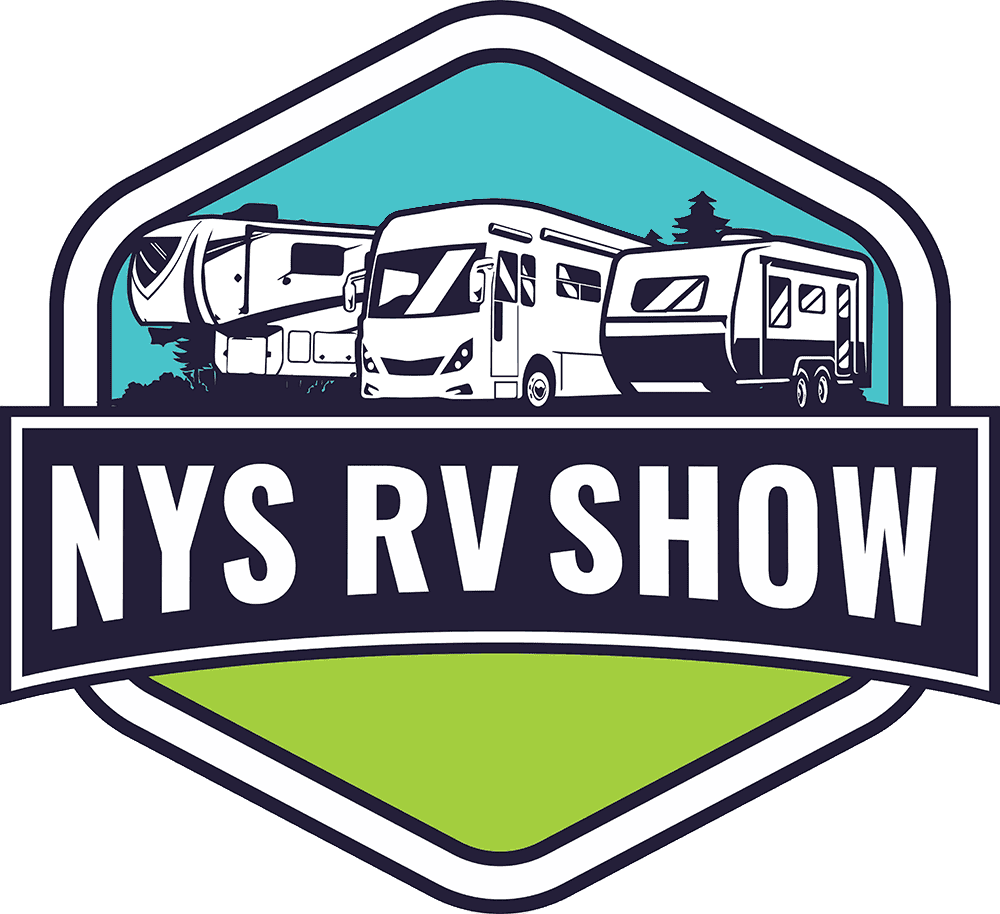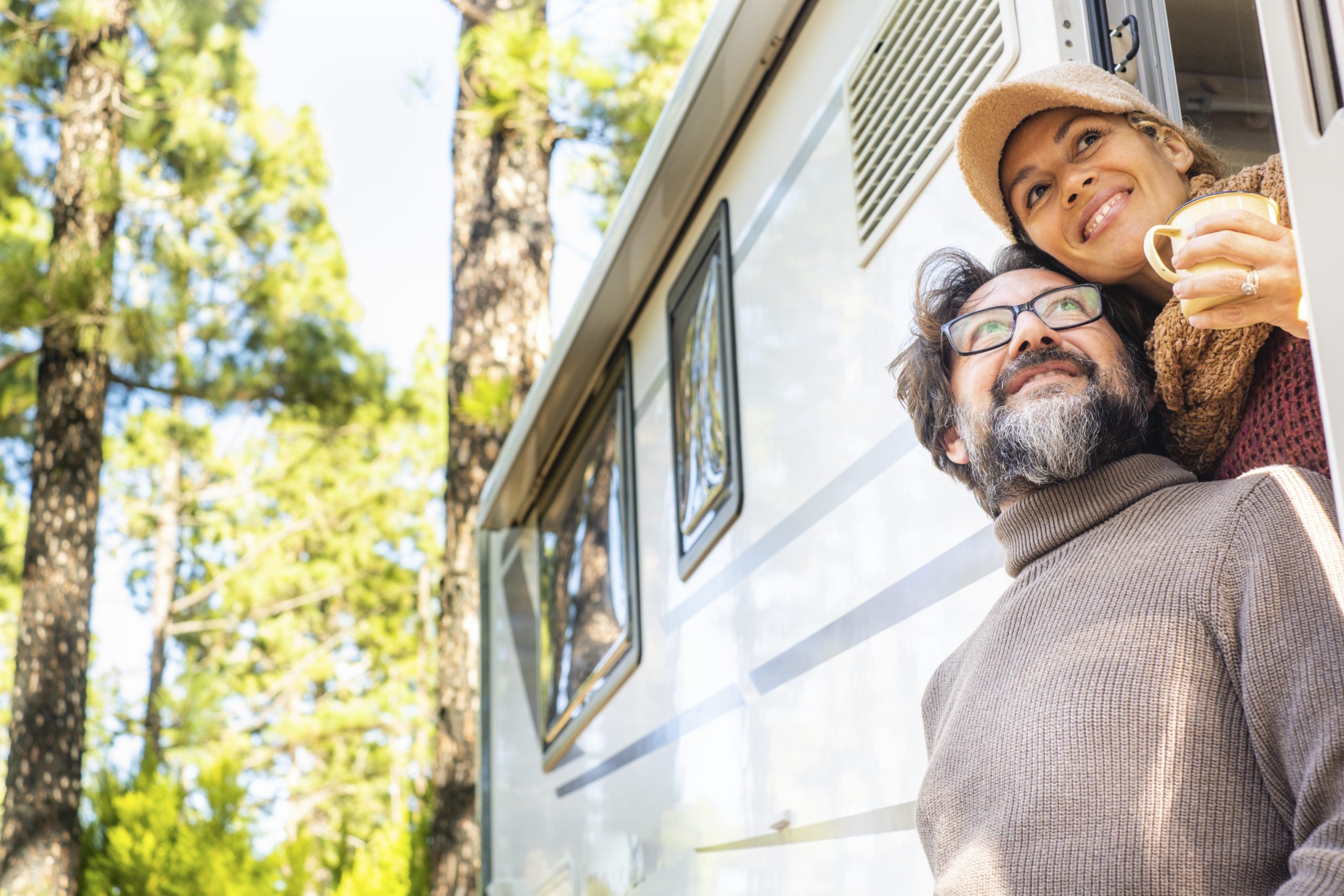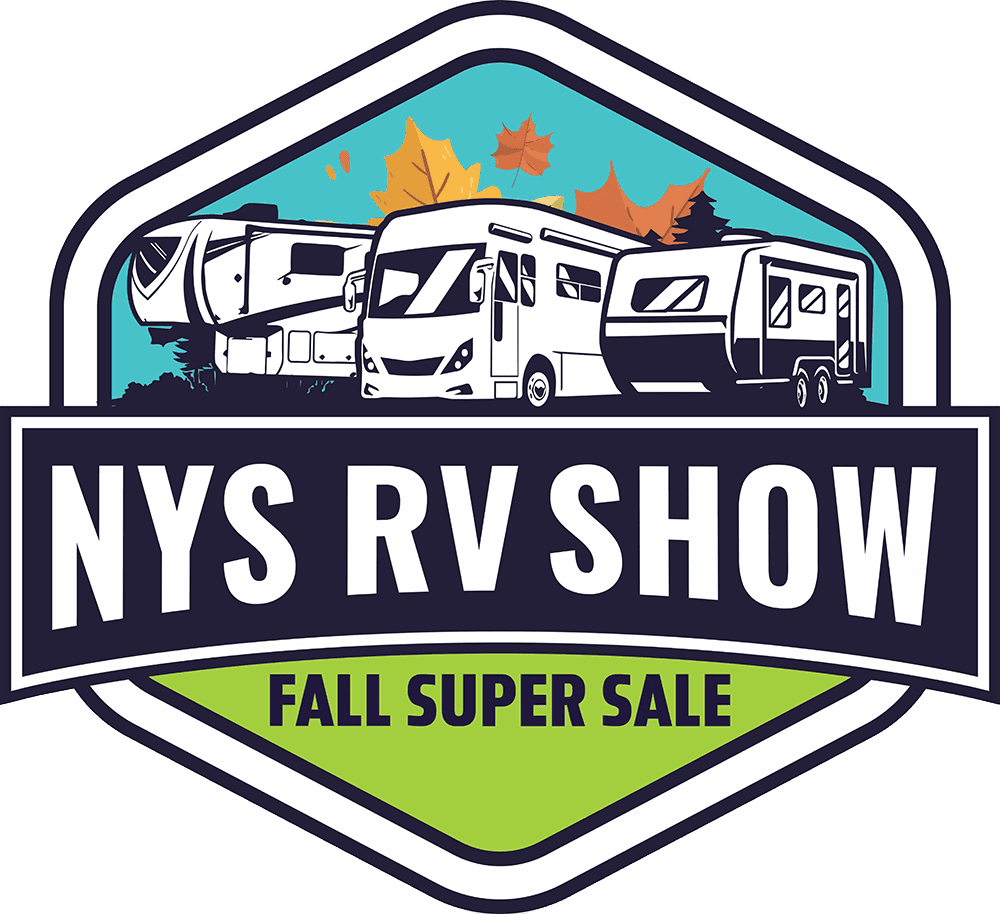When it comes to RVs, the options can seem endless. Understanding the different types of motorhomes and towable campers can help you make an informed decision that suits your travel lifestyle. Whether you’re a weekend warrior or looking to hit the road full-time, this guide will walk you through key features, pros, and cons of various RV types.
Motorhomes
Class A Motorhomes
Class A motorhomes are the epitome of luxury on wheels. These large, bus-like vehicles offer a range of amenities that make them ideal for long trips or even as a full-time residences.
Pros:
- Spacious and Luxurious: Often include multiple slide-outs that expand living space.
- Family-Friendly: Offers ample room for families with children.
- High-End Amenities: Full kitchens, bathrooms, and even washer-dryer units.
Cons:
- High Fuel Consumption: Expect to spend more on fuel.
- Limited Maneuverability: Challenging to drive and park in tight spaces.
- Expensive: High initial purchase price and maintenance costs.
Class B Motorhomes (Camper Vans)
Class B motorhomes, commonly known as camper vans, are compact and versatile, making them a popular choice for solo travelers or couples.
Pros:
- Easy to Drive: Suitable for everyday driving and can park in regular parking spaces.
- Fuel Efficient: Better gas mileage compared to larger motorhomes.
- Compact: Great for short trips and urban travel.
Cons:
- Limited Space: Less living and storage space, not ideal for families.
- Fewer Amenities: More basic compared to Class A motorhomes.
- Height Restrictions: May be uncomfortable for taller individuals.
Class C Motorhomes
Class C motorhomes, sometimes called “mini-motorhomes”, are a more compact version of the larger, bus-style models like the Class A’s. They are built on a van frame, or truck chassis, with an attached cab section. Class C motorhomes offer a good balance between size and comfort, making them a versatile option for many travelers.
Pros:
- Affordable: Generally less expensive than Class A motorhomes.
- Balanced Space: Offers a good mix of living space and maneuverability.
- Family-Friendly: Suitable for medium to long trips with family or groups.
Cons:
- Fuel Consumption: Higher than Class B motorhomes.
- Limited Slide-Outs: Smaller and fewer slide-outs compared to Class A.
- Driving Challenges: Can be difficult to drive in strong winds due to the overhang above the cab.
Towables
Travel Trailers
Travel trailers are the most popular type of towable RV due to their variety and affordability.
Key Features:
- Versatility: Available in numerous sizes and floor plans.
- Affordable: Often less expensive than motorhomes, with lower maintenance costs.
- Towable by Many Vehicles: Can be towed by SUVs and trucks.
- Spacious: More living space and amenities compared to pop-up campers.
Advantages:
- Ideal for individuals, couples, and families.
- Lower cost of entry and maintenance.
Fifth Wheels
Fifth wheels offer a luxurious and spacious living experience, often likened to a “home away from home.”
Key Features:
- Spacious: Multiple slide-outs and high ceilings.
- Maneuverable: Unique hitch design offers better control.
- Luxurious: Often includes high-end amenities like residential-style kitchens and bathrooms.
Advantages:
- Suitable for extended stays or full-time living.
- Better stability and towing experience.
Pop-Up Campers
Pop-up campers are compact and lightweight, making them an excellent option for those who prefer a more rugged camping experience.
Key Features:
- Lightweight: Easy to tow with smaller vehicles.
- Affordable: Lower initial purchase price.
- Compact: Can be stored in a garage.
Advantages:
- Accessible for a wide range of vehicles.
- Provides an authentic camping experience.
Tips for Selecting the Right RV
- Consider Your Travel Preferences:
- Are you looking for luxury and space or a compact, adventurous experience?
- Evaluate Towing and Driving Capabilities:
- Ensure your vehicle can handle the weight and size of the RV.
- Think About the Number of Travelers:
- Larger groups may require more living and sleeping space.
- Calculate Your Budget:
- Factor in costs beyond the purchase price, such as fuel, maintenance, and storage.
Choosing the right RV can significantly enhance your travel experiences. By understanding the different types of motorhomes and towables, and considering your specific needs and budget, you’ll be well on your way to finding the perfect RV for your adventures. Happy travels!


